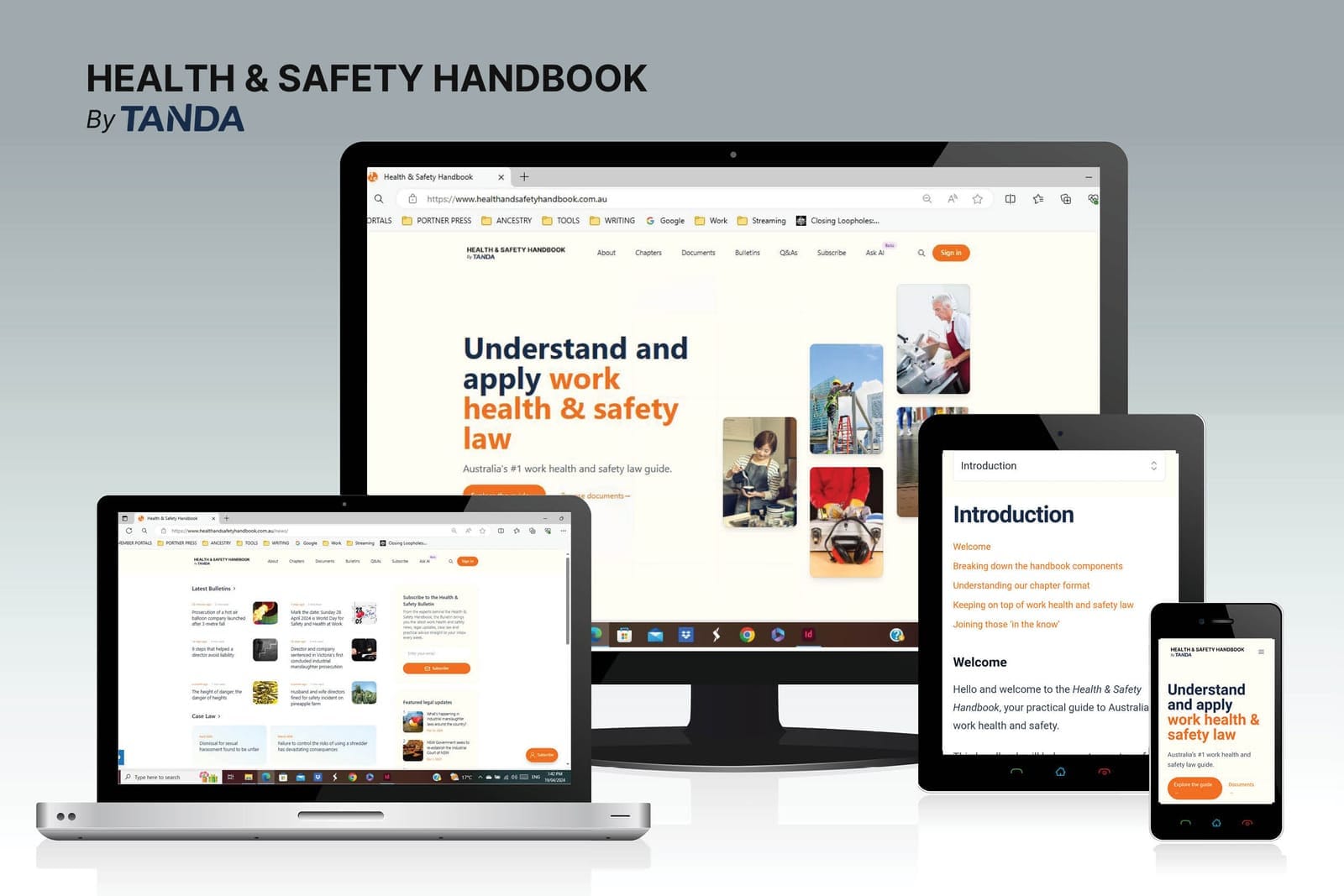When will a work deadline be unreasonable?
The National Employment Standards (NES) in the Fair Work Act 2009 (Cth) prohibit an employer from requesting or requiring an employee to work an unreasonable number of hours in addition to 38 a week. Despite this prohibition being in existence for nearly 14 years, there are still very few reported cases of employers being found to have contravened this provision. A contributing factor to this situation is undoubtedly the difficulties an employee has in proving the occasion or occasions on which they allege the employer requested or required them to work more than 38 hours a week. We saw this in the case we reported in a March bulletin.
The importance of proof of the requirement to work additional hours was again highlighted by another case, this time in the Federal Circuit and Family Court of Australia in Doherty v Prospa Advance Pty Ltd (No 2) (2024).
The Court in this decision observed that the provision would be contravened if an employer:
- expressly requested or required an employee to work unreasonable additional hours; or
- required an employee to perform tasks by certain times which, to the knowledge of the employer, can be performed in compliance with the employer’s request or requirement only if the employee worked unreasonable additional hours.
In the latter case, the employee must prove:
- the work the employer requested the employee to perform;
- by when the employer required the employee to complete the work; and
- the facts and circumstances that allow the following to be inferred:
- the employee could not complete the work within the deadline;
- the employer knew or (perhaps) ought reasonably to have known that the employee could not complete the work within the deadline; and
- having this knowledge, the employer continued to require or request the employee to perform the work within the deadline.
The failure of the applicant to do this meant the claim could not proceed.

Get the latest employment law news, legal updates, case law and practical advice from our experts sent straight to your inbox every week.

